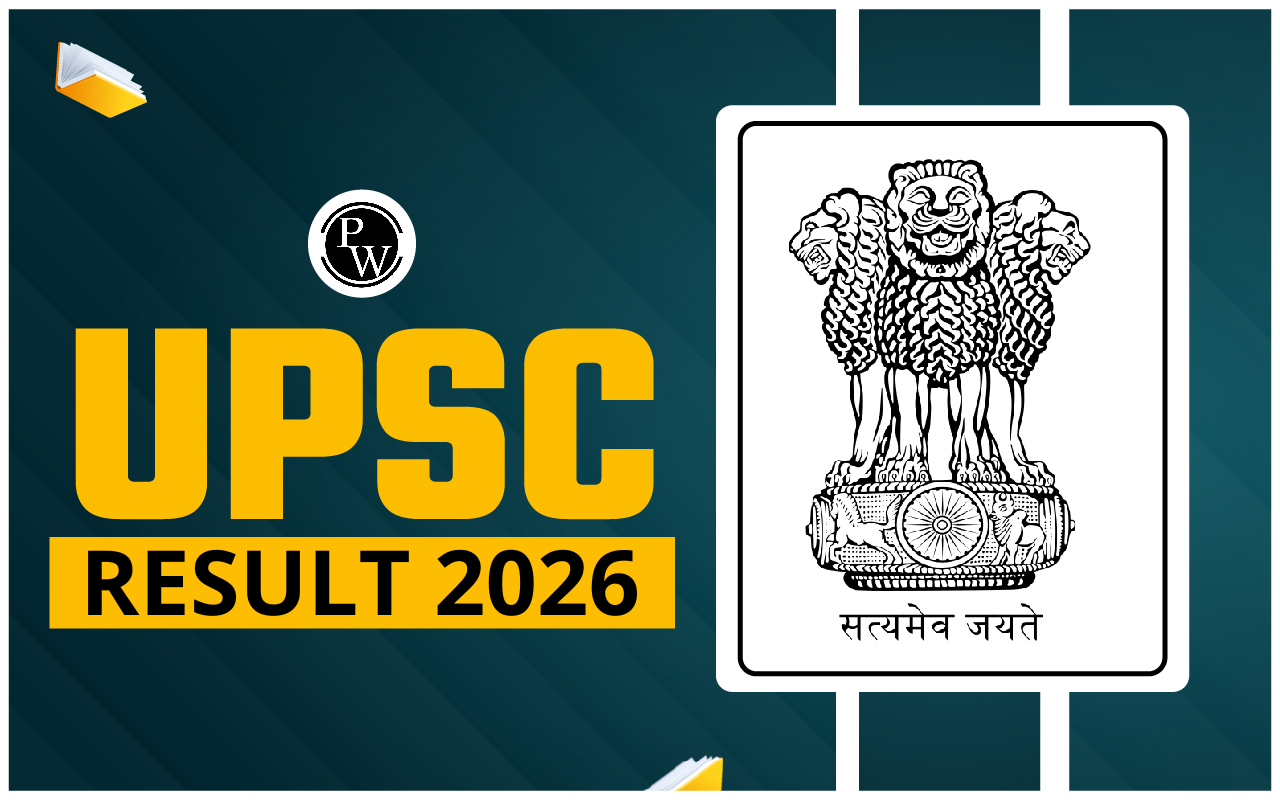
Vienna Convention on Diplomatic Relations (VCDR): The complexities of international law, as outlined in the Vienna Convention on Diplomatic Relations, were highlighted once again when the Ministry of External Affairs (MEA) had to step in to ensure justice for a victim in a case involving diplomatic immunity.
This convention, adopted in 1961, sets out the rules and privileges of diplomatic missions, including the immunity of diplomats and their protection from legal action in the host country. While it has played a crucial role in the conduct of international relations, there have been surrounding issues. Keep reading to learn more about it!
What is Vienna Convention on Diplomatic Relations?
The Vienna Convention on Diplomatic Relations (VCDR) is an international treaty that sets rules for diplomatic relations between nations. It was adopted on 18 April 1961 and came into force on 24 April 1964. The treaty ensures that diplomats can perform their duties without interference.
Vienna Convention on Diplomatic Relations defines diplomatic immunity, privileges, and responsibilities of embassies and consulates. This convention is crucial for maintaining peaceful international relations. Almost every country in the world, including India, is a signatory to this convention and around 193 countries have ratified it.
Why is the Vienna Convention in News?
Recently, the Vienna Convention on Diplomatic Relations made headlines again due to a case involving a Kenyan diplomat’s son. The Ministry of External Affairs (MEA) of India requested Kenya to revoke the diplomatic immunity of the individual so that the concerned person could be prosecuted for the alleged sexual assault of a minor girl. This case highlights the legal complexities surrounding diplomatic immunity.
Key Provisions of the Vienna Convention 1961
The Vienna Convention on Diplomatic Relations 1961 lays down several key provisions:
-
Diplomatic Immunities: Diplomats enjoy immunity from arrest, detention, and the jurisdiction of the host state, with exceptions for activities outside official duties (Articles 29, 31). However, this immunity can be waived by the sending state.
-
Protection of Family Members: Family members of diplomats residing in the host country enjoy many of the same protections as the diplomats themselves
-
Inviolability of Embassies: The premises of a diplomatic mission are inviolable, and the host country must protect them from intrusion or damage. This protection also extends to the private residence of diplomatic agents.
-
Freedom of Communication: Diplomatic missions can communicate freely with their home country. A diplomatic bag cannot be opened, even on suspicion of abuse, and a diplomatic courier cannot be detained.
-
Non-Interference in Internal Affairs: Diplomats cannot interfere in the internal matters of the host nation.
-
Persona Non Grata: A host country can declare a diplomat persona non grata and ask them to leave.
These provisions ensure that diplomats can work without external pressure. However, they also raise concerns about the misuse of diplomatic immunity.
Purpose of Vienna Convention on Diplomatic Relations
The primary purpose of the Vienna Convention on Diplomatic Relations is to promote peaceful international relations. It protects diplomats and ensures they can perform their duties effectively. The convention also establishes clear rules for diplomatic interactions.
Vienna Convention on Diplomatic Relations defines the rights and responsibilities of diplomatic agents and host nations. By doing so, it reduces conflicts and misunderstandings between countries. It provides immunity to diplomats, allowing them to represent their nations without fear of persecution.
What is Diplomatic Immunity?
Diplomatic immunity is a key concept under the Vienna Convention on Diplomatic Relations that shields foreign government officials and their families from the jurisdiction of a host country. This immunity enables diplomats to carry out their responsibilities without the threat of prosecution or legal action, promoting effective international relations even in times of tension or conflict.
The key aspects of diplomatic immunity include:
-
Diplomats cannot be arrested or prosecuted in the host country.
-
Their residences and official premises cannot be searched.
-
Diplomatic pouches cannot be opened or detained.
-
Family of diplomats also enjoy protections as the agents themselves.
-
Host nations must provide security to foreign diplomats.
Many critics argue that diplomatic immunity sometimes leads to misuse, as seen in recent incidents. However, diplomatic immunity is not absolute. Countries can waive immunity in serious cases, allowing prosecution.
Diplomatic Relations (Vienna Convention) Act 1972
India enacted the Diplomatic Relations (Vienna Convention) Act 1972 to incorporate the Vienna Convention into domestic law. This act ensures that diplomatic privileges granted under the convention are legally recognized in India. The act outlines:
-
Legal protections for diplomats and embassies.
-
Procedures for resolving diplomatic disputes.
-
Circumstances under which diplomatic immunity can be waived.
The act plays a crucial role in maintaining India's diplomatic engagements and aligns Indian laws with international diplomatic norms.
Vienna Convention on Consular Relations 1963
The Vienna Convention on Consular Relations 1963 is another important treaty that governs consular relations between countries. While similar to the Vienna Convention on Diplomatic Relations, this treaty focuses on consular officers. Key features of Vienna Convention on Consular Relations are:
-
Consular Immunity: Consular officials have limited immunity, mainly for official duties.
-
Protection of Citizens: Consulates provide assistance to their nationals in foreign countries.
-
Consular Access: Authorities must inform consulates if they detain a foreign national.
This convention ensures that consular officers can assist citizens abroad without interference and is crucial for protecting the rights of individuals traveling or living in foreign countries.
In conclusion, the Vienna Convention on Diplomatic Relations plays a key role in international diplomacy by protecting diplomats and ensuring smooth diplomatic functions. However, recent issues highlight the need to revisit certain provisions.
To prepare for such topics in the UPSC, explore PW UPSC Courses, where educators assist you in understanding international relations concepts and provide comprehensive guidance to help you!
Vienna Convention on Diplomatic Relations FAQs
What is the Vienna Convention on Diplomatic Relations?
What is the main purpose of the Vienna Convention?
What is the difference between the Vienna Convention on Diplomatic Relations and Consular Relations?
Does India follow the Vienna Convention?
Can diplomatic immunity in Vienna Convention be revoked?










